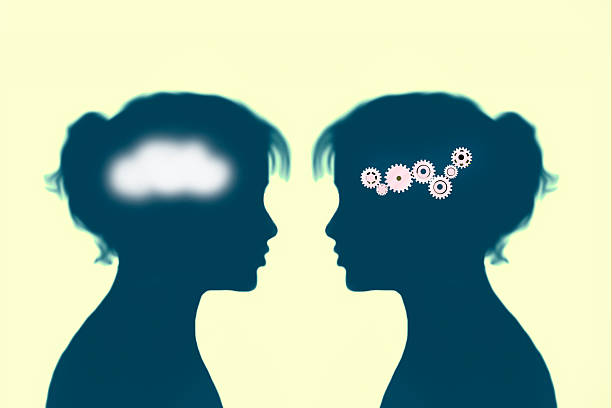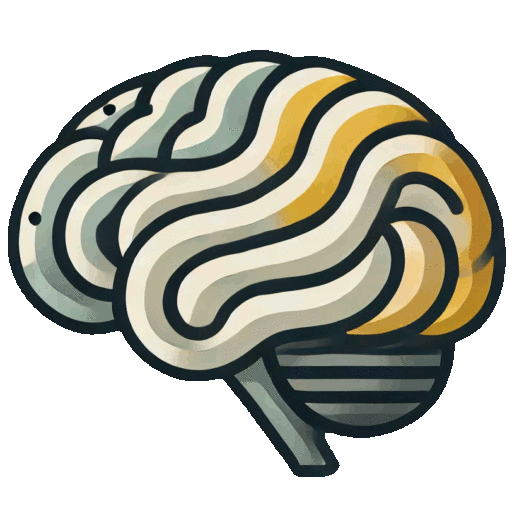
Those familiar with my work know I champion polarity management to help organisations navigate tensions like stability and innovation. But what if this same framework could revolutionise how neurodiverse minds understand themselves?
As a therapist with AuDHD (and a practice serving neurodiverse clients), I’ve seen polarity thinking transform self-awareness. This isn’t just theory. Two years ago, I ran an experimental workshop at the CREA Conference, applying organisational polarity tools to personal healing. Though the group was small, the impact was profound: every participant uncovered new ways to harmonise their internal contradictions.
Today, I collaborate with Shay Dubois (a trauma and neurofeedback specialist) to deepen this work. Neurodiverse clients often find resonance in our integrated approach – especially when society mislabels their neurology as “disordered”, rather than recognising undiscovered polarities waiting to be mapped.
The AuDHD Polarity Paradox
AuDHD blends autistic and ADHD traits into dynamic tensions:
- ADHD craves novelty; autism resists change
- ADHD overlooks details; autism thrives on them
- ADHD sees time as “now/not now”; autism honours schedules
- ADHD seeks stimulation; autism is overwhelmed by it
- ADHD sails in chaos; autism needs structure
- Autism creates rules; ADHD challenges them
These are not flaws. They are complementary forces to navigate.
Why Personal Maps Liberate Us Through Polarity Management
In my book How Might We?, I explain how change management and transformation are similar to orienteering: you need an accurate map in order to navigate your journey. Neurodiverse people are handed a “disorder” map, made according to neurotypical standards, often breeding shame. Polarity mapping creates a personal compass.
My “inconsistency” baffled others:
I left a party plan between friends after a few hours (chaos triggered autistic overwhelm), yet thrived days later in an all day noisy trade show where I knew nobody (ADHD curiosity ignited).
Context dictated which pole served me. Recognising this via polarity maps frees me from guilt. I now honour my needs: my neuroway.
There is however a catch, these polarities are often hidden in plain sight, we’ll discuss this in a subsequent post to help you naivigate them.
Your Invitation
Inspired by Dr Khurram Sadiq’s work and refined through practice (like CREA), I help clients map their polarities. Whether you’re neurodiverse seeking agency or neurotypical supporting others, these tools foster clarity.
Let’s Connect
Curious about uncovering your hidden polarities? I offer one one one sessions to:
- Identify your unique tension pairs
- Create strategies to harness both poles
- Transform confusion into grounded agency
Book your slot. Let’s explore how polarity thinking can illuminate your journey.
